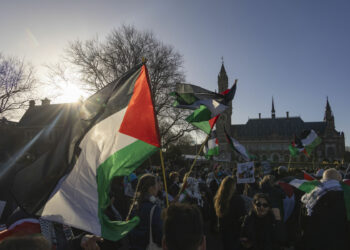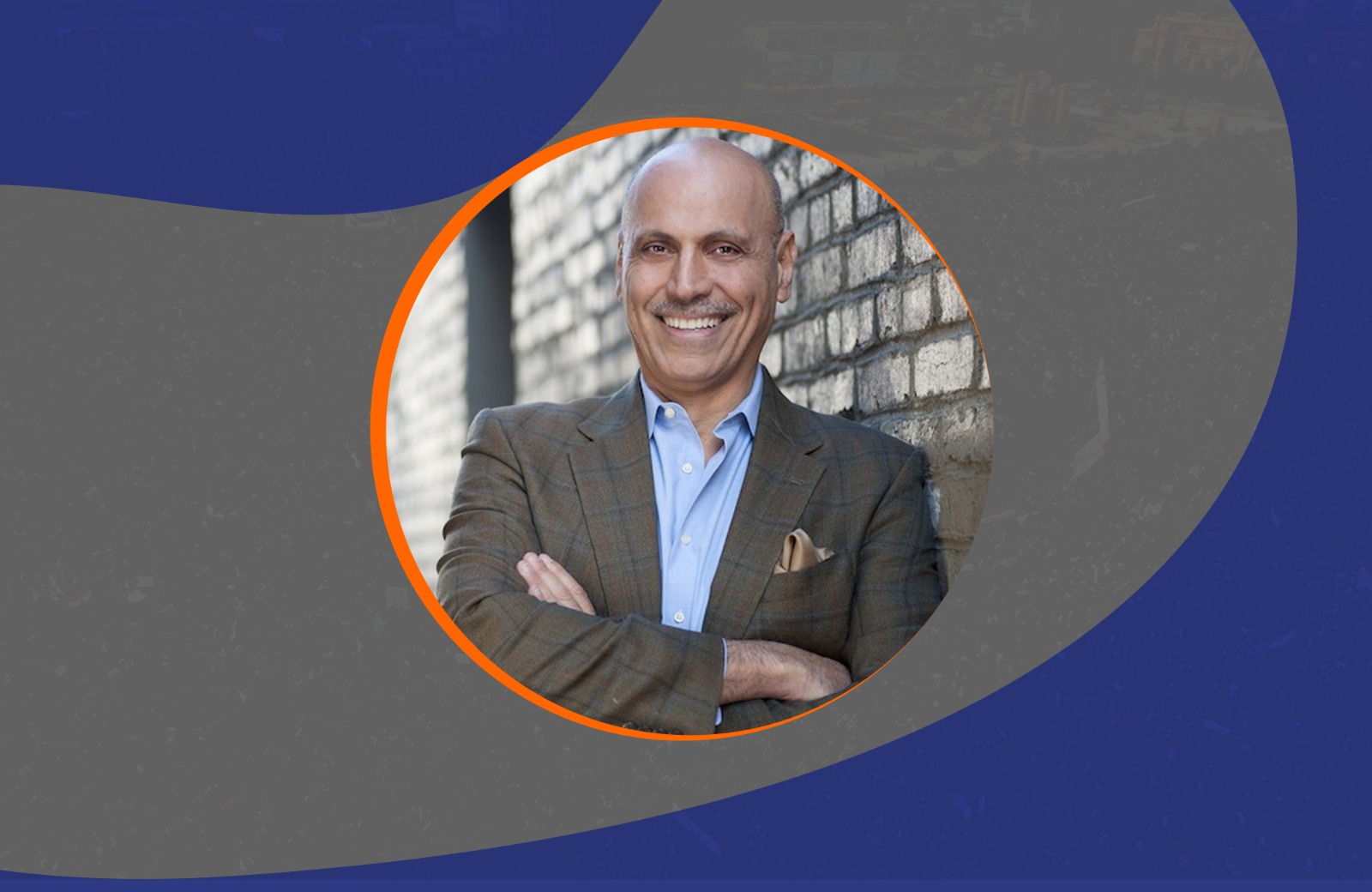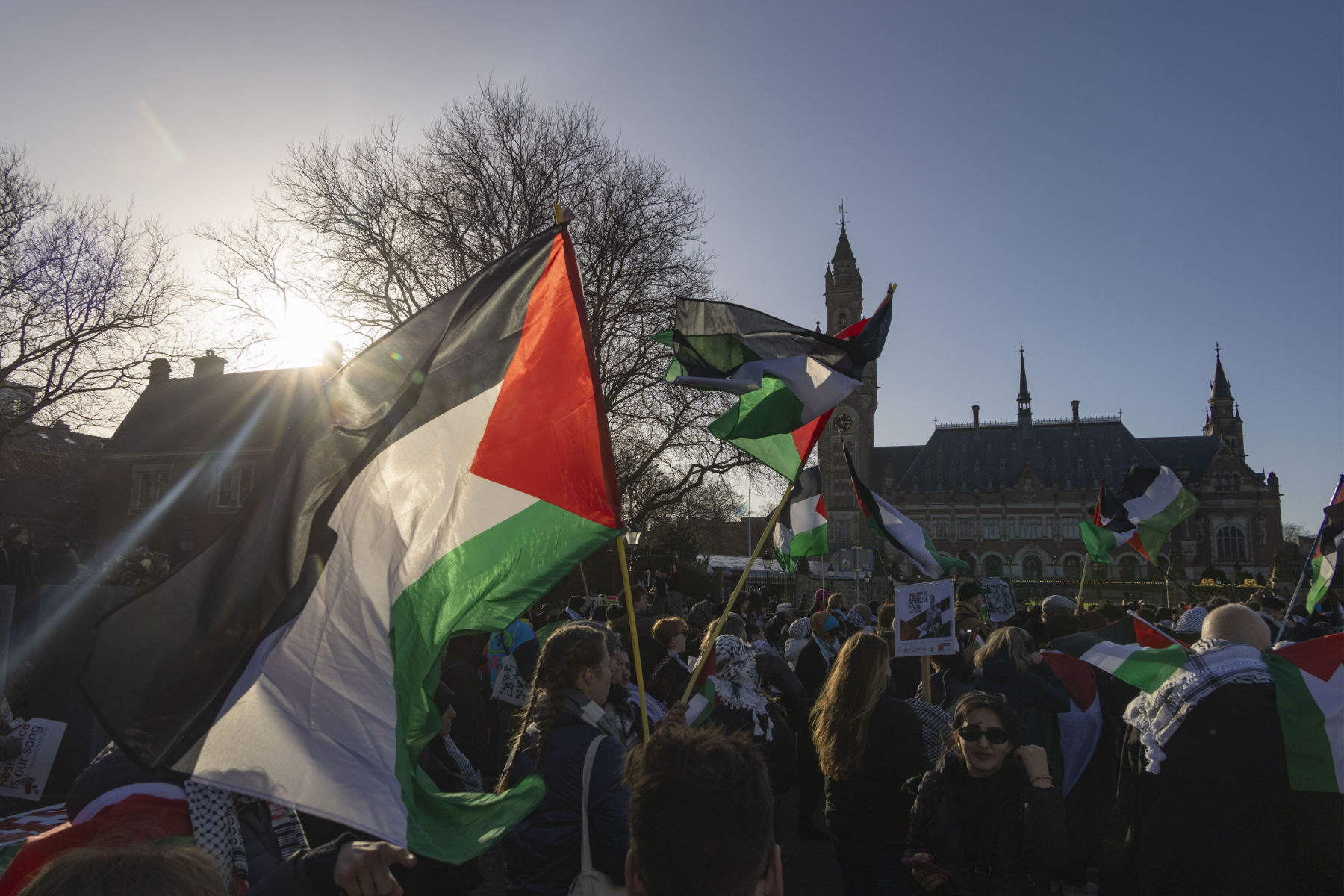First Deputy Prosecutor of the Supreme State Security Prosecution (SSSP)
Prosecutor Mohammed el-Garf participated in the Egyptian authorities' crushing of independent voices by throwing peaceful activists into extended pretrial detention, as part of a campaign to intimidate them into silence.
El Garf has kept dentist and political activist Walid Shawky in unlawful pretrial detention since October 14, 2018, on spurious charges of "misusing social media" and "spreading false news."
"El-Garf has kept a dentist in prison for nearly three years because he wrote articles criticizing the Egyptian government and once was a leader of a peaceful, pro-democracy youth movement," said Sarah Leah Whitson, executive director of DAWN. "He abused his power to punish regime opponents."
In October 2018, el-Garf charged Walid Shawky with joining an illegal group, misusing social media and spreading false news, and ordered him into pretrial detention – without presenting any evidence of such crimes or that the statutory conditions for pretrial detention had been met.
He also declined to register the date of Shawky's arrest as October 14, 2018, and instead registered it as October 20, 2018, effectively erasing a week of enforced disappearance and mistreatment from the case records, even though Shawky told el-Garf about the actual date of his arrest.
Two years later, as the two-year statutory limitation for Shawky's pretrial detention neared, a judge ordered Shawky released, but instead the Egyptian authorities forcibly disappeared him, between September 2, 2020 and October 6, 2020.
El-Garf erased the forcible disappearance from the record by falsely registering Shawky's "new" date of arrest as October 6, even though Shawky's family notified the General Prosecutor that security officials had forcibly disappeared Shawky in September.
Rather than release Shawky as the court had ordered, Prosecutor el-Garf rotated him to a new case, No. 880/2020 and brought nearly the same charges that he brought two years earlier, again ordering him into pretrial detention without presenting any evidence to justify the charges or the pretrial detention.
In doing so, el-Garf again prosecuted Shawky for peaceful speech and activities protected by international law and also violated an Egyptian law requirement to terminate prosecution if the charges are unfounded. One of the so-called new charges was that Shawky had participated in a demonstration – during the time when security officers were holding him in a secret detention facility.
El-Garf is also the subject of an October 9, 2019 complaint (No. 13400/2019) by The Arab Network for Human Rights Information (ANHRI), submitted to the Prosecutor General Office and the Public Prosecution Inspection Administration, claiming that he prevented the lawyer of activist Mohamed Oxygen from attending his client's court session.
On January 7, 2021, DAWN requested a response from el-Garf by writing to the Egyptian government, but no response has been received as of publication.
Tell el-Garf to end prosecutorial abuses. Write to him at the Egyptian Public Prosecution's page on Facebook or by email: m.office@ppo.gov.eg, or through the Egyptian Ministry of Justice on Twitter.
About the SSSP
The SSSP is a special agency of the Public Prosecution in Egypt that was established on March 8, 1953 in order to investigate crimes that threaten "state security".
In 1972, the justice minister issued decree No. 1270 which specified the jurisdiction of the SSSP and listed the crimes it can investigate, including crimes related to internal and external security, explosives, assembly, and strikes. SSSP's mandate also includes the crimes reviewed by Emergency State Security Courts, such as terrorism, protesting, and attacks on places of worship.
However, the Egyptian authorities frequently consider peaceful dissent and criticism to be acts of terrorism. For example, the anti-terrorism law criminalizes a wide range of peaceful activities protected by international and even Egyptian human rights protections. The law uses vaguely worded accusations like "spreading false news," "misusing social media", and "joining a terrorist organization" to prosecute activists, human rights defenders, journalists, lawyers, and politicians.
SSSP is composed of public prosecutors who have more power than ordinary public prosecutors, powers that are usually practiced by judges only. SSSP prosecutors can issue binding judicial decisions such as arrest warrants, summons for questioning, and search and asset seizure warrants.
They can also order pretrial detention without a judge's decision for initial 15 days (ordinary public prosecutors are allowed to order pretrial detention for up to four days) before referring the defendant to a judge who can renew pretrial detention for up to a total of two years, at the request of the SSSP.
DAWN has, along with other rights groups, documented the role of this agency, headed by Khaled Diaa el-Din, in entrapping those who criticize the regime in seemingly endless pretrial detention, even beyond the two year limit, frequently on baseless charges.
Watch the video of el-Garf here:
About DAWN's culprit gallery:
Tyrants need enablers who will implement their oppressive practices, even if it means abusing their fellow citizens. These agents often mask their complicity in the guise of professionals exercising their duties in offices, courtrooms, police stations, and interrogation rooms.
DAWN seeks to disclose the identity of the state agents who enable repression and to make them recognizable at home and abroad. These individuals, whom DAWN calls "culprits," bear administrative, civil, moral, legal, and/or political responsibility for human rights and international humanitarian law violations.






































